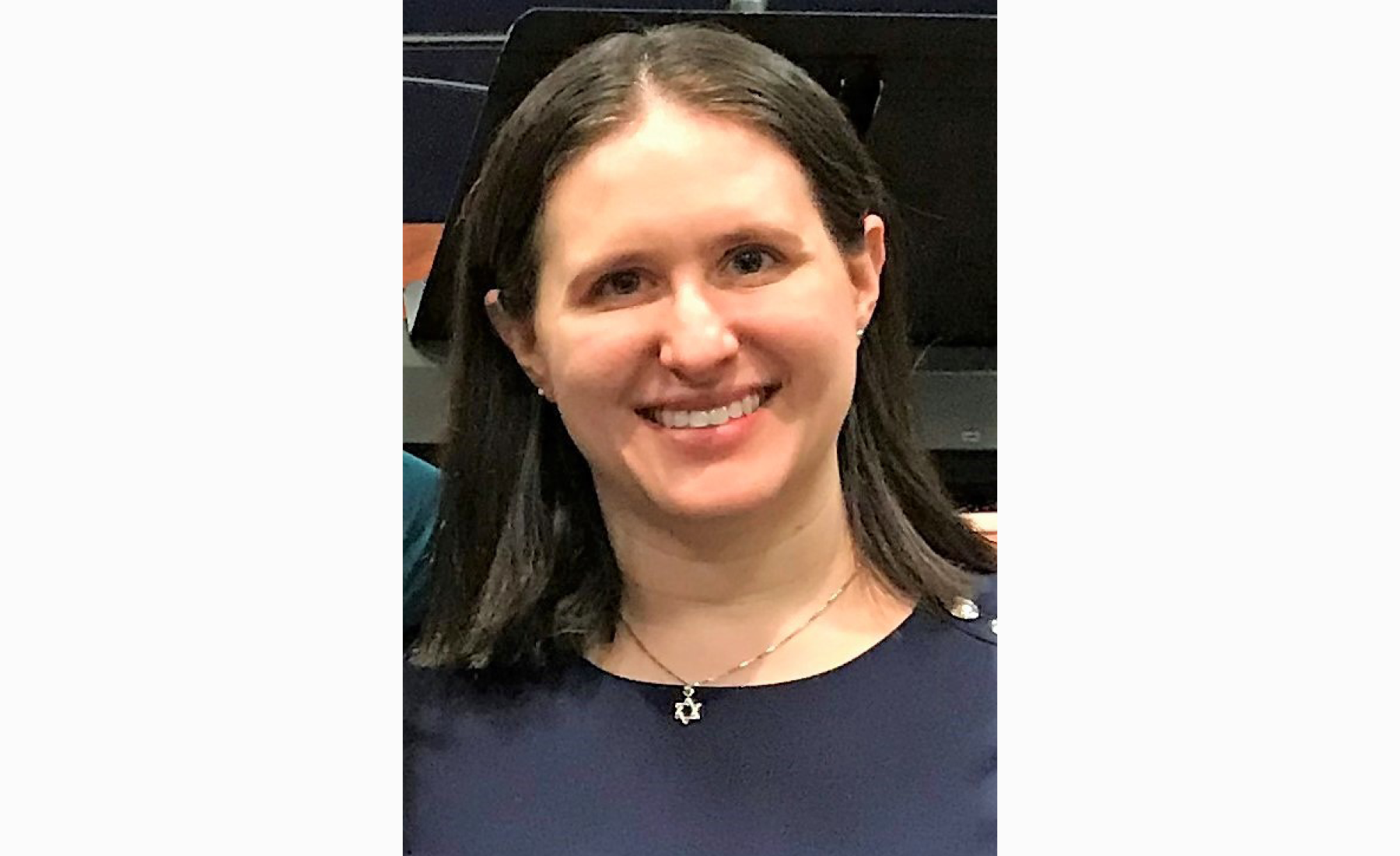Local Rabbi Monica Kleinman is piloting a new national initiative for new Jews-by-choice who are creating their Jewish lives amid friends and family who are not Jewish.
The project, Solo Judaism, will begin with three peer group sessions over Zoom beginning Feb. 1.
Rabbi Kleinman is partnering with Modern JewISH Couples (MJC), which is providing the platform for the Solo Judaism project. MJC is an organization that is a “Jewish learning project that guides committed partners to explore the role of Judaism in their lives” and is inclusive of partners of every background. The project is funded by the National Center to Encourage Judaism, Natan Fund, and Covenant Foundation.
The goal of Solo Judaism is to bring together a peer support network for new Jews-by-choice navigating Jewish living and experiencing challenges as new “solo” Jews — that is, those who are the only Jewish adults in their family or relationship.
“We're excited to welcome everyone into the Jewish world, but the kind of support Jews in this unique situation need is different from many who have chosen Judaism in the past, at least institutionally,” Rabbi Kleinman said. “Many Jews-by-choice chose Judaism because they were marrying a Jewish partner. When that is the case, they have in-laws and extended family who can help them… but without that support, some are left on their own.”
The idea for this program came to Rabbi Kleinman from talking with one of her former conversion candidates, who is now Jewish, who was trying to adjust as the only Jewish adult in his family. By networking online with other Reform rabbis, Rabbi Kleinman found that none of them knew of support networks for Jewish people in that particular situation. The consensus of the rabbis was that there should be one.
Rabbi Kleinman began talking with Rabbi Jen Gubitz of Boston, Massachusetts, who is the founder and executive director of MJC. Both rabbis noted the increase in numbers of conversion candidates they had seen since the COVID-19 pandemic began, and they had both heard of similar challenges that new Jews-by-choice faced — especially those who are “solo.”
Rabbi Kleinman said that people who have just converted or are in the process of converting often feel embarrassed to reach out to their rabbi with what they feel to be a simple question. She is most excited about cultivating a group of people who would be comfortable asking each other those questions and could rely on each other for advice and support with their unique challenges.
“I'm looking forward to seeing people who don't know each other, who have been brought together solely by this one identified issue, find commonalities and support each other,” Rabbi Kleinman said. “I want to be able to bring resources and tools and people who have been there to provide that support. The hope is that we'll get to know each other and share what we know and what we love about being Jewish… and at the same time, know that it's not always an easy road and be able to tap each other for experiences, advice and support as everybody navigates their journey.”
The first program for Solo Judaism will be a three-session peer group gathering over Zoom. The sessions will be held on Feb. 1, Feb. 8 and Feb. 15 with the intent that people from all over the country can join. Rabbi Kleinman plans for the first class to be informational and allow peers to begin building trust.
“Hopefully, by the end of the first, and through the second and third sessions, it will be more like peer processing,” she said. The support is focused on those who are within their first few years of being Jewish, but Rabbi Kleinman hopes that people who have been Jewish for longer will also get involved to share how they have navigated their own challenges.
Rabbi Kleinman hopes that “solo” Jews, even if they are not able to attend the peer group sessions, will express their interest. The Solo Judaism initiative’s future iterations will reflect its interest level and activity.
“There are enough people who have said, ‘My Judaism is unique. I have this unique Jewish situation, and I'd like to talk about it,’” she said. “The goal [of Solo Judaism] really is to provide a place for Jews to connect with others who want to engage on this specific topic. This is an initiative that really isn't being undertaken formally, to my knowledge, by any other groups.”
Additional information about the Solo Judaism Peer Group, including times and costs, can be found at modernjewishcouples.com/event-details/solo-judaism-peer-group. Anyone interested in this topic is welcome to contact Rabbi Kleinman directly at .



